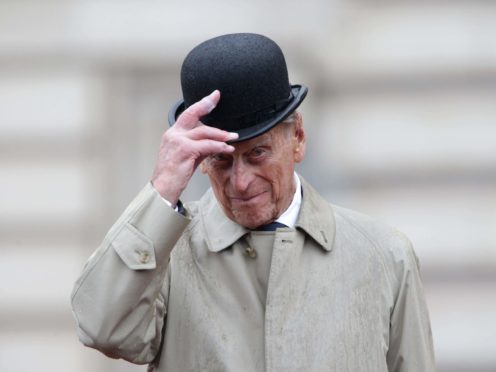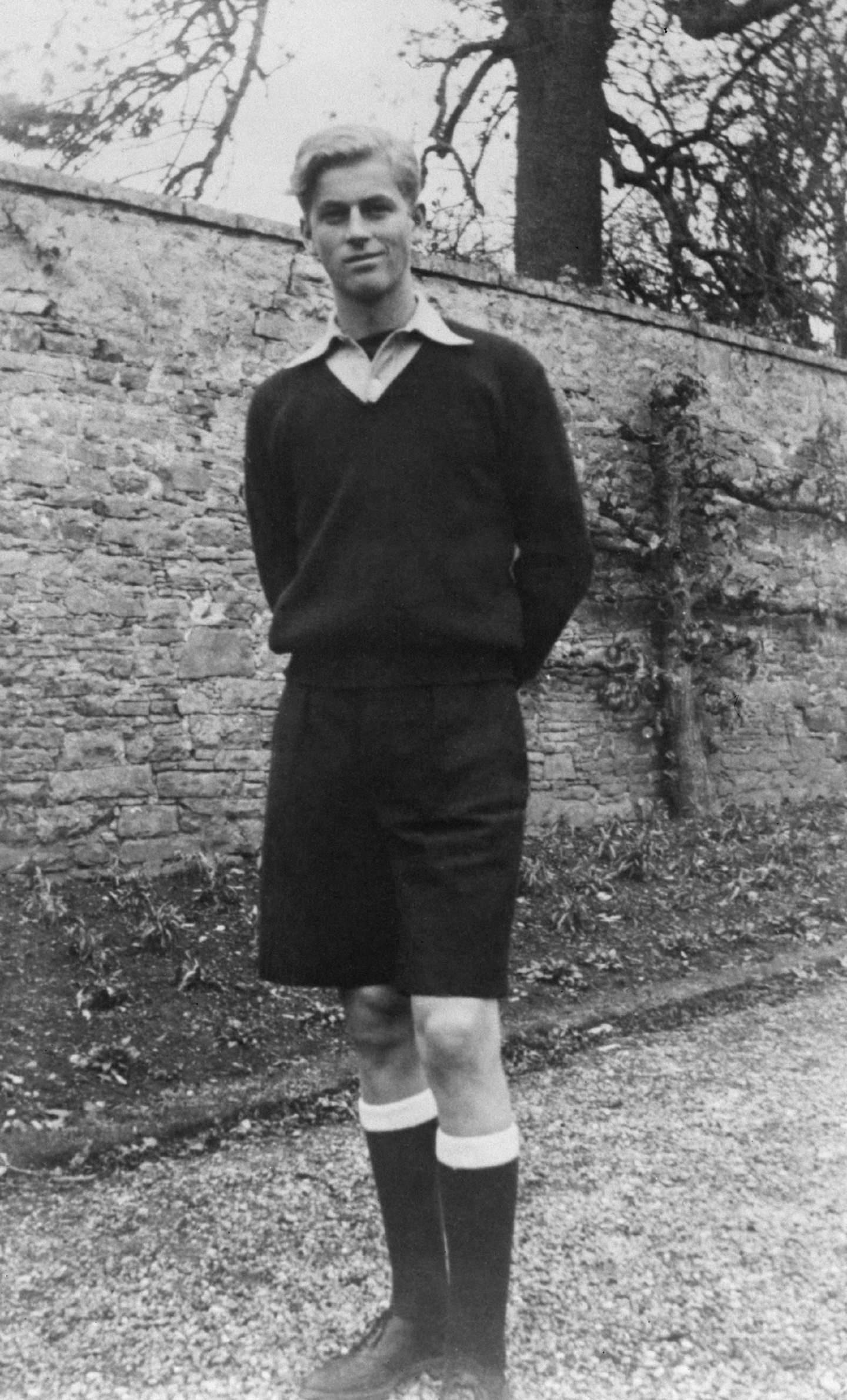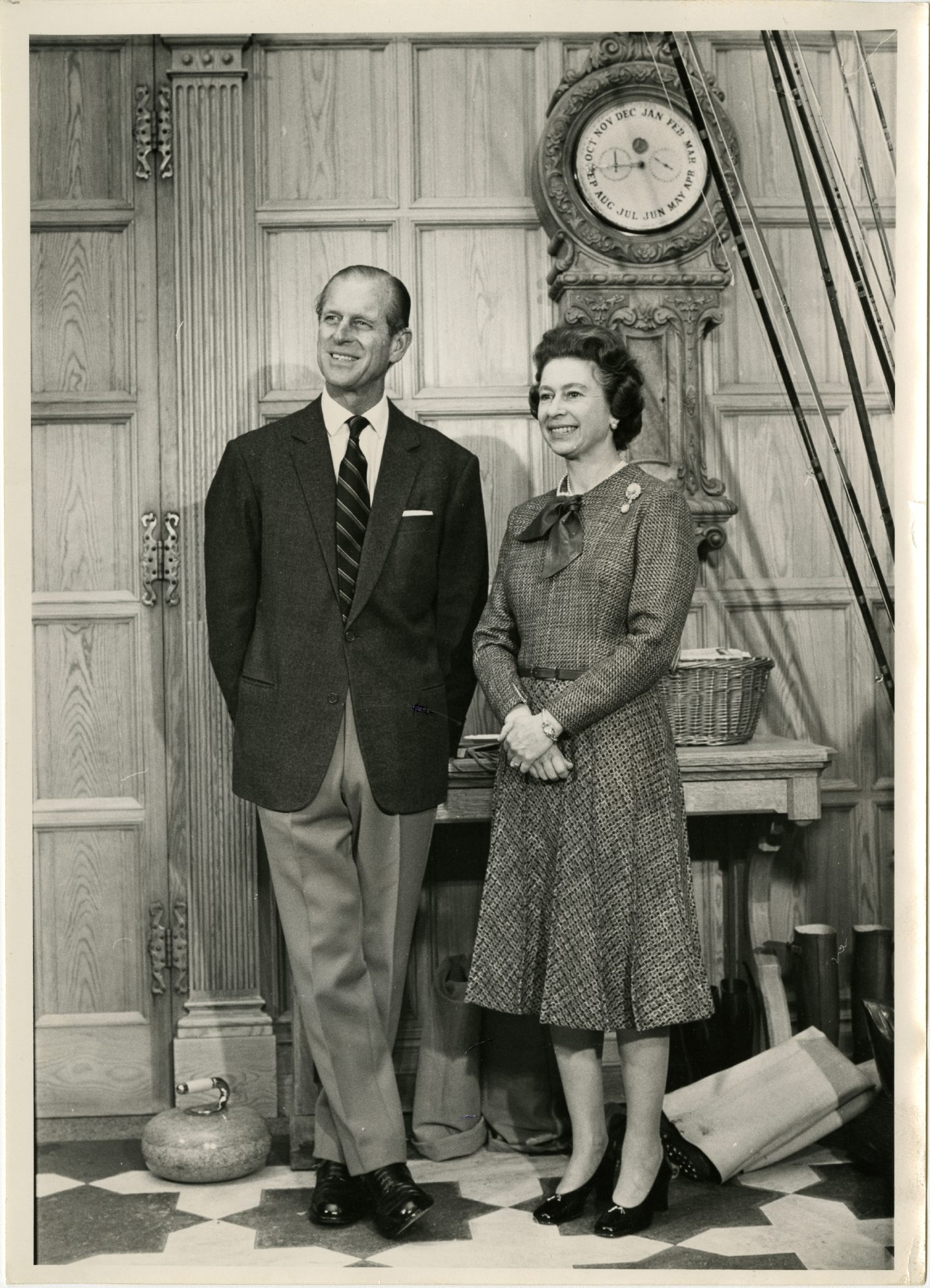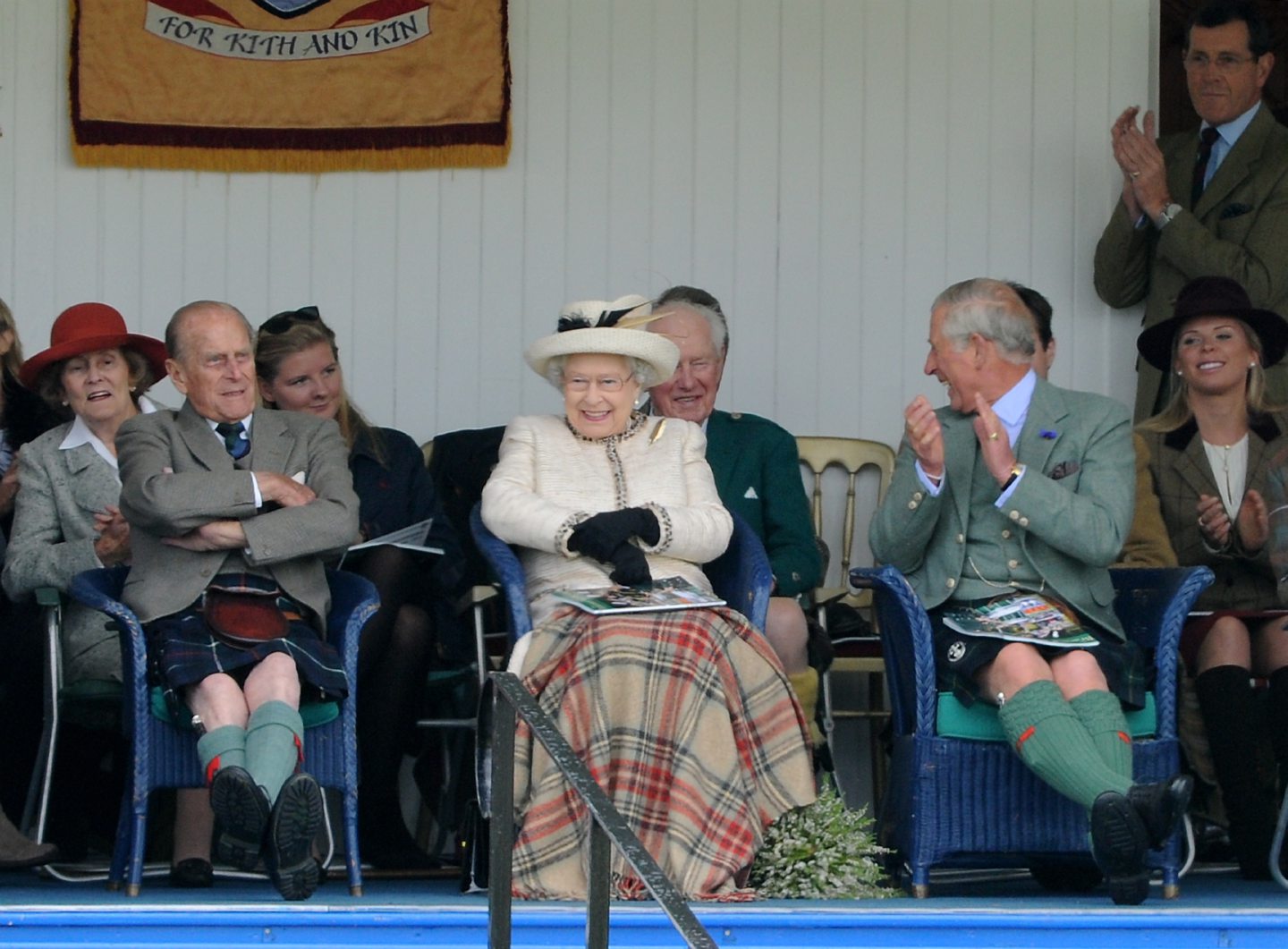There are few people in Britain who cannot recall a time when Prince Philip has not been a part of their lives.
Stretching all the way back to the 1940s, he has been one of the constant fixed points in a fluctuating, maelstrom-tossed world.
Love, duty, tradition: all of them intermingled with plain speaking and dedication to his wife and there has rarely been a more potent embodiment of the bonds which cemented his marriage to the Queen.
Revealing news of their engagement to the world in 1947, the couple have enjoyed the longest royal marriage in recorded history.
And the former cadet, who renounced all titles – including his religion – before taking the young Elizabeth’s hand, went on to carry out more than 22,000 solo engagements, which testified to his belief in the power of monarchy.
Buckingham Palace staff calculated he undertook 637 solo overseas visits to 143 countries, delivered 5,496 speeches, and found time to write 14 books and carry out the role of patron for 785 organisations during his royal career.
His first engagement was a trip to a boxing match at the Royal Albert Hall in 1948, a sign of his modern take on the role.
The Court Circular, published in The Times the following day, recorded that the duke, who was then 26, presented prizes following the championship and noted that he was patron of the federation.
It was King George VI’s premature death in February 1952, at the age of 56, that changed everything, not only for the then Princess Elizabeth but also Philip, who was forced to relinquish his promising Navy career.
From that moment on, he embarked on a life as the Queen’s consort – at her side, or one step behind, throughout her long reign.
They were often at their happiest amid the rolling hills and picturesque communities in Deeside and the symbiosis between them and the residents they encountered was often warm and friendly. And while the prince had a reputation as being gruff and disinclined to suffer fools gladly, that certainly wasn’t the full story for those who saw him at close quarters in the north-east.
Iain Mitchell, from Aberdeen, who used to work at Balmoral, recalled: “He was interested in lots of things and country life, whether it was riding, hunting or talking to the people who worked on the Dee, absolutely fascinated him.
“There was one really cold winter morning where he asked how I was doing and I told him my wife was expecting our second child. He wished us both well and then headed on his way.
“But, a day or two later, there was a knock at our door and we were given a package, which contained some warm blankets and two hot water bottles, with a lovely message. I heard of other people on the estate who received similar gifts.
“It really touched us to think that, with everything else which was going on in their lives, they had time to do things like that.”
Unwavering companion
At his wife’s coronation in 1953, Prince Philip was the first to swear allegiance to her, declaring that he would be her “liege man of life and limb”. In the years going forward, he became an unwavering companion and quickly found his feet in what could have been a marginal role.
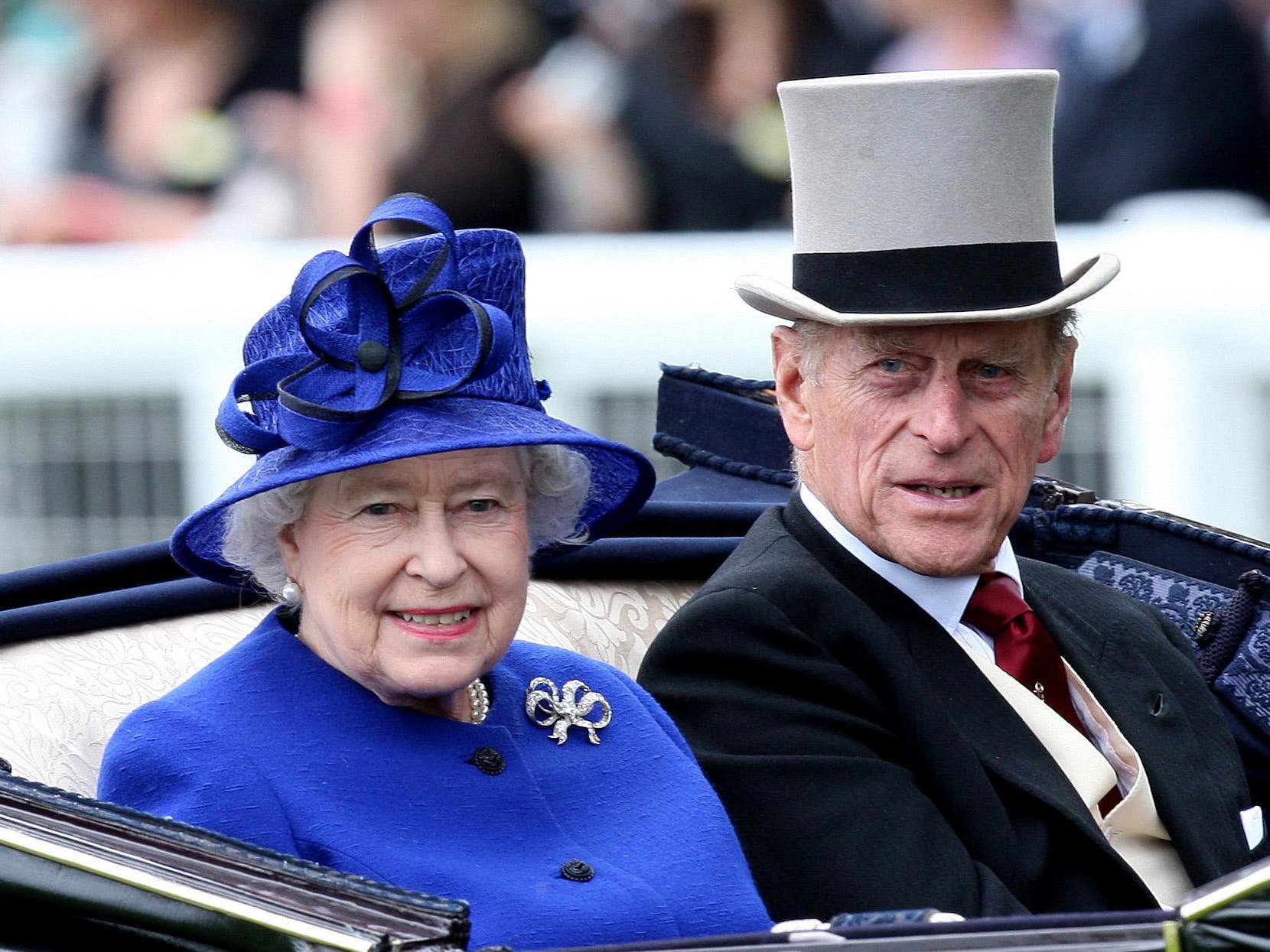
Some people perceived him as an easy target for the media and Prince Philip was often criticised for his brusqueness and undisguised impatience with journalists.
Yet Dickie Arbiter, pictured, the man who organised media coverage for Princess Diana’s funeral as the then press secretary to the Queen, discerned other qualities in the prince and marvelled at his commitment throughout the decades.
He said: “It wasn’t in his nature to simply relax.
“Prince Philip adored the Queen on their wedding day, he adored her on her coronation, and he adored her as much on their 70th anniversary.
“He was an incredibly hard worker and he was particularly good with young people. He got involved with a charity called the National Playing Fields Association shortly after the war and he was instrumental in making sure greenbelt land wasn’t built on.
“Prince Philip strongly believed that there should be green space for children to run around on, and then there is The Duke of Edinburgh Award.
“He didn’t suffer fools gladly. In fact, he didn’t suffer fools at all.
“I remember once a reporter asked him how his flight was and he said: ‘Have you ever been on a plane?’.
“The reporter said yes, and Prince Philip replied: ‘Well, it was exactly like that’.
“He had no time for small talk, he liked good meaty conversation from the likes of scientists and other interesting people.”
Freedom and respect
Robert Lovie, a trustee for The Great Steward of Scotland’s Dumfries House Trust and former property manager at Fyvie Castle, is among those with an unswerving loyalty to the monarchy.
And he has nothing but praise for the tireless work which was carried out by Prince Philip throughout so many years.
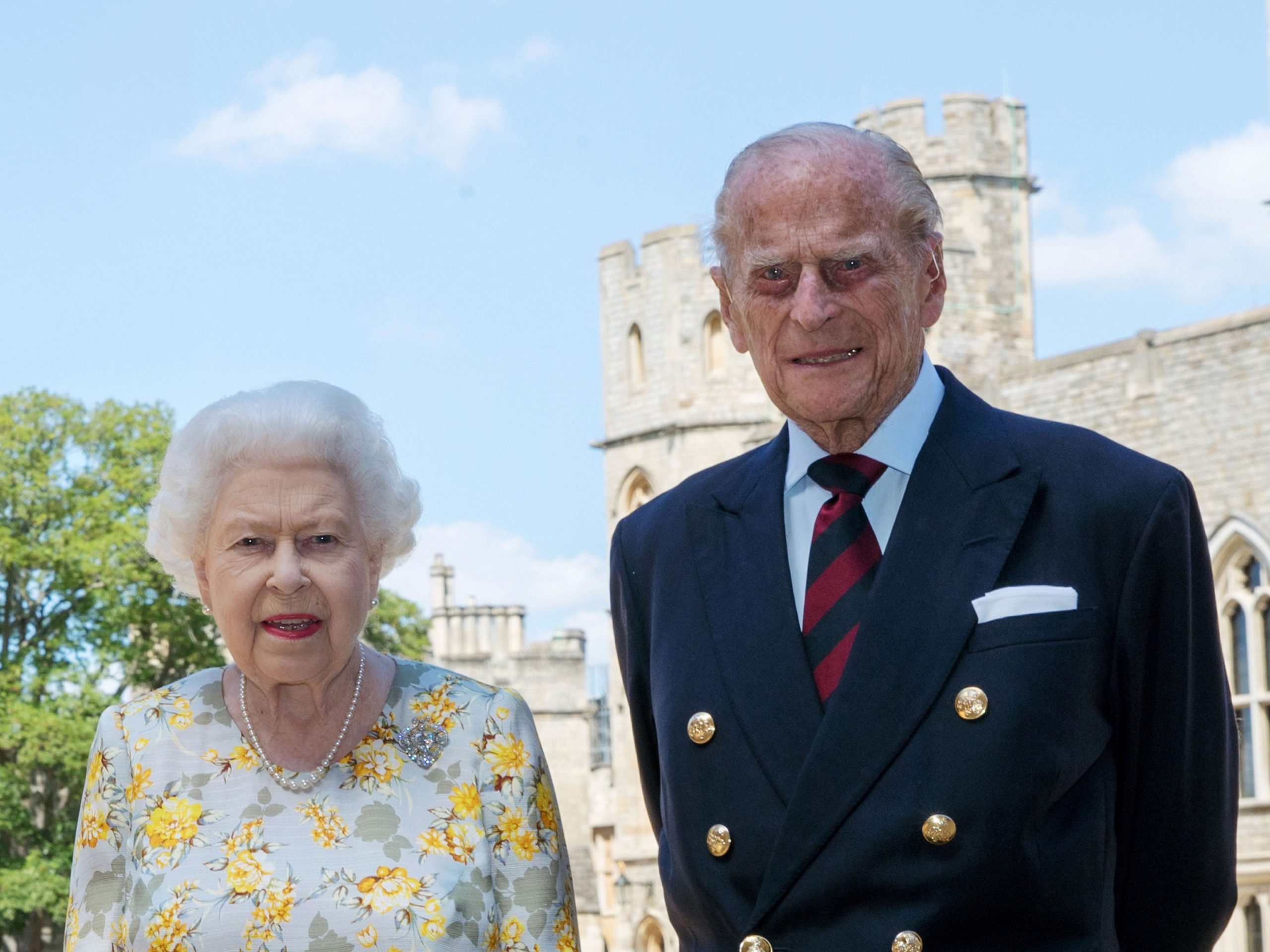
Mr Lovie sang the national anthem at the Commonwealth Games in Glasgow in 2014 and always regarded Prince Philip as a national treasure.
He said: “He was one of those people who was in our lives for so long, particularly in Scotland and around Balmoral.
“He has been a major part of life up here and has always come across as very bubbly and vivacious.
“There has never been a time after meeting Prince Philip when he hasn’t left me smiling with his wise quips.
“He was an incredibly polite man who could be serious when the occasion called, but he was also incredibly funny.
“I will never forget performing at the Commonwealth Games and a group of us came from Braemar.
“When Prince Philip saw us all, right down to the ghillies at Balmoral, his face was a picture of pure joy.
“He has always been interested in everyone and we all hold him very dear in these parts.
“The Royal Family was always given the privacy to have their freedom here and they have returned that respect. Prince Philip respected the people who live here and we in return respected him, and he has done an amazing service.”
Highland Games
The prince was a passionate supporter of the Highland Games and relished turning up at myriad events during the last 70 years.
And he forged friendships with the likes of Henry Gray, who spoke about it before his death at 88 in July 2017.
At 6ft 5in and 19 stone, Mr Gray was reputed to have the strongest grip in Europe and his exploits included tossing the famous Braemar Caber five years in succession and winning the extra £10 prize each time.
In 1953, he walked some 20 yards with a Dinnie stone in a challenge in the Music Hall in Aberdeen and after retiring in 1974, was a well-respected judge around the Grampian Games circuit for the next 40 years.
In 2006, he was presented to the Queen and Prince Philip at the Braemar Games when the duke said: “Hello Henry, you’ve been coming nearly as long as I have.”
Mr Gray later said: “It was one of the proudest moments of my life. The prince never forgot a face and he didn’t need to say much to gain your appreciation.
“He certainly gained mine. He loved being at the games and he always looked relaxed as he did when he was at other sporting events.”
